Happy New Year, everyone! As is tradition here at Star Crossed, our first post of the new year is a rundown of Wooper’s favorite shorts from… 2016? Yes, I’m breaking with tradition and going back a bit further than 365 days – back to the biggest year in the history of short-form anime, in fact. 2022 had a few bright spots in that department: an attractive Pokemon miniseries entitled Hisuian Snow, a new season of Pui Pui Molcar, and the always relaxing Cool Doji Danshi, the last of which will continue into 2023. But that’s peanuts compared to the number of noteworthy shorts that aired seven years ago, many of which were instrumental in raising the profile of this often overlooked anime format. They include a bite-sized Shounen Jump adaptation, an absurdist take on the male idol genre, and an ultra self-referential Trigger show, among many others. Let’s run them down in alphabetical order, starting with the most “literary” of the bunch.
Bernard-jou Iwaku
Legend of the Galactic Heroes. House of Five Leaves. Shouwa Genroku Rakugo Shinjuu. These titles are among the handful of anime said to be literary in style, a label owed to their measured presentation and complex thematic concerns. But what if you were to adjust your definition of the term “literary” to mean “namedrops a lot of books?” In that case, Bernard-jou Iwaku (Miss Bernard Said) would lead the pack by several miles, as it references a new novel or short story at least once every thirty seconds. In the first episode alone, the show pays homage to Or All the Seas with Oysters, Moby Dick, The Beast That Shouted Love at the Heart of the World, Socrates in Love, and The Lights in the Sky Are Stars. This is an anime by and for literature buffs, but even if you haven’t read a book for pleasure since your childhood, Bernard-jou is still a fun watch. It somehow maintains a relentless comedic tempo while also building a rewarding friendship between its two main characters: Shiori, an obsessive sci-fi fan, and Sawako, who can never manage to finish any of the books Shiori recommends. Many of their conversations center on topics that are relevant to fans of anime and manga, as well (the faithfulness of film adaptations, fear of spoilers, putting titles on your “plan to read” list and never reading them), so it can be enjoyed regardless of your interest in the central theme.
The Disastrous Life of Saiki K.
As an adaptation of a Shonen Jump gag manga, Saiki K is by far the most popular entry on this list, to the point that it probably didn’t need to be included. In fact, many people wouldn’t consider it a short series, since its 120 episodes were squeezed into a standard two cour format for streaming services. But it originally aired as a daily five-minute anime, and it was warmly received overseas even as it first aired in Japan (a rarity for shorts at the time). Saiki K’s humor comes from a place similar to One Punch Man’s – the main character’s psychic powers make him a living god, only instead of struggling with the disappointment of unworthy opponents, he has to deal with the stupidity of everyday people whose thoughts and actions he can hear and predict. The series’ manga trappings, such as injuries healing too quickly and lengthly internal monologues happening in a split second, are explained as the result of Saiki’s immense power, which has the potential to reshape reality on a global scale. New abilities are introduced all the time as well, making Saiki an even more versatile being than Superman, though his classmates’ exaggerated personalities don’t stay nearly as fresh. If you’re a fan of fast-moving deadpan humor with a supernatural twist, this show ought to be on your radar – just space out your viewings so characters like Nendou and Hairo don’t wear you down.
Honobono Log
If there were an award for the most ordinary anime ever made, Honobono Log would be a contender for the prize. This is a show that portrays everyday conversations, usually between family members or romantic partners, in the simplest fashion imaginable and for just two minutes at a time. There are no crazy hairstyles, bizarre proportions or comical overreactions here, and the characters are always in focus thanks to the monochromatic backgrounds, giving each episode an air of measured simplicity. Though the series is scarcely animated, it nevertheless manages to feel deeply realistic thanks to its performances and subject matter: going on dates, moping about bad days at work, confronting someone about eating food that wasn’t theirs. Honobono Log is so committed to this mundanity that it will appeal to only a fraction of anime fans, so if you’re a thousand series deep into this dumbass hobby and wondering whether you’ve lost your appreciation for the ordinary, this show is the perfect litmus test.
Oshiete! Galko-chan
The high school comedy has been one of anime’s go-to genres for many years, yet in spite of the huge number of series we’ve received in that category, only one has dared to answer the question, “Is it true that you can tell someone’s pubic hair thickness by looking at their eyebrows?” That show is Oshiete! Galko-chan, the only anime I’ve ever seen that successfully mixes bawdy humor, legitimate hygiene information, and strong messages of peer acceptance. The three main characters are teenage girls, each of whom are named after a different stereotype, but the scripts are specifically written to negate the harmful aspects of those labels, and celebrate their positive traits instead. All three talk about their bodies and their periods as casually as they do movies or schoolwork, which is a refreshing change from the unspoken “girls don’t fart” attitude taken by most high school series. The male perspective isn’t omitted, but rather incorporated in a way that humorously debunks a lot of guys’ ideas about the opposite sex, including the classic myth that female friendliness is a sign of sexual attraction. Above all, the show is entertaining, mixing up its subject matter from episode to episode and writing punchlines that highlight the lovable qualities of its cast. Oh, and the character designs are really attractive (if you’re into that sort of thing).
Sekkou Boys
I’m not an expert on idol anime, but Sekkou Boys has to be one of the weirdest entries in the subgenre’s history. Its idol group is composed not of human beings, but rather a quartet of famous busts – those of Saint George, Giuliano de Medici, and the mythological deities Mars and Hermes. Though the so-called Sekkou Boys (literally “Plaster Boys”) can speak, they are completely immobile, and rely on their manager Miki to transport them via hand cart. They also rely on her for absolutely everything else, as their lack of common sense forces her to play defense for their constant screw-ups. There are stories about the sculptures getting involved in a multi-level marketing scheme, defying their fans’ expectation of purity after being caught on a date, and even sleeping with the head of a talent agency in order to make a scandal disappear. How exactly a plaster bust might participate in sex is (thankfully) not revealed – what matters is the absurdity of the situations in which the boys find themselves, and the agony they cause for Miki. Balancing these occasional dips into dark comedy are shots of the sculptures blushing, sweating, and even sporting five o’clock shadow, which provide the personality that their unchanging expressions can’t. The show is bit uneven from episode to episode, but the premise alone makes it worth trying, especially if you’re a fan of satirical humor.
She and Her Cat: Everything Flows
Fans of Makoto Shinkai may recognize the first half of this title from his 2002 short She and Her Cat, which was one of his first works as an anime director. He wasn’t creatively involved with this new version (though he may have voiced a returning character in its epilogue), leading to a much different end product, but Everything Flows is a soothing piece of work in its own right. Gone are the photorealistic black and white backgrounds and the childishly-drawn cat, replaced by conventional art and character designs for both humans and felines. In place of the original’s distinctive visuals, this pseudo-reboot places a much higher value on story, giving us more information about cat owner Miyu’s professional and familial difficulties. The events of the series are still narrated by her cat Daru, but flashbacks and phone calls help us to understand how she came to feel so helpless, with only the companionship of her aging cat for comfort. Things get a little emotional (and even a bit spiritual) towards the end, but you don’t need to be in a particular mood to enjoy Everything Flows – it’s so tonally consistent that you’re likely to be pulled into its rhythm regardless of what’s going on in your life.
Space Patrol Luluco
If there’s one thing that Studio Trigger is great at, it’s marketing. After spinning off from Gainax in the early 2010s, they seared their name into the public consciousness by uploading Inferno Cop, their first ever series, directly to YouTube. They capitalized on the success of the first Little Witch Academia film by funding a sequel via Kickstarter, making them one of the first anime studios to take advantage of crowdfunding. And their small stable of directors frequently pay homage to each other’s works, resulting in high awareness of their complete filmography among fans – with Space Patrol Luluco serving as the ultimate example of that strategy. Luluco’s stylistic similarities to the rest of the studio’s output are immediately apparent, but as the show progresses and the cast ventures into space, they begin to visit planets themed around past Trigger works, from favorites like Kill la Kill to curios such as Sex & Violence with Machspeed (one of their contributions to 2014’s Japan Animator Expo). In the end, the story ends up being a simple Gurren Lagann retread, but the plot is hardly the point – it’s the celebration of Trigger’s brand that matters, and on that front, Luluco maintains its memetic energy from start to finish.
Tonkatsu DJ Agetarou
Tonkatsu DJ clocks in at a whopping nine minutes per episode (the longest on this list), but it justifies that length by being more plot-oriented than the rest. It tells the story of a restaurant owner’s son who visits a club in Shibuya on a meal delivery and is struck with the desire to become a DJ, following his progress from novice to celebrated figure in the club scene. Many stories like this one pit the hero against the expectation that they’ll take over the family business, but Tonkatsu DJ takes the opposite approach, using its opening episodes to draw an increasingly funny set of parallels between turntablism and serving tonkatsu. Colorful characters (including mentor figures, culture writers, and rival DJs) are continually introduced as the show goes on, so it never falls into a rut, and the series’ use of puns and catchphrases (especially episode 6’s “chill out”) creates a multitude of memorable moments. Also, the show looks like something that might have aired on MTV in the 90s, which nicely complements its musical theming. My only criticism is that the music itself, while memorable, isn’t particularly varied, especially for a show that dedicates individual episodes to genres like EDM and hip hop. Even so, Tonkatsu DJ is more fun than picking pickled veggies from a brine barrel, so I highly recommend it.

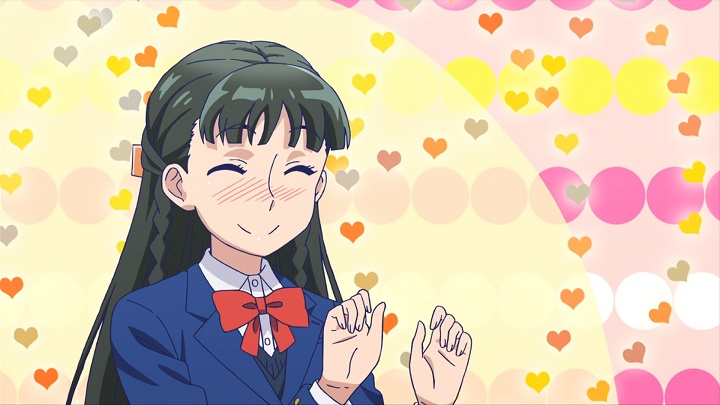
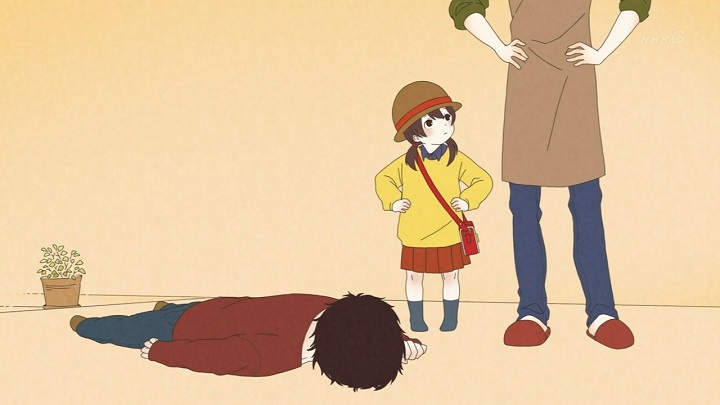
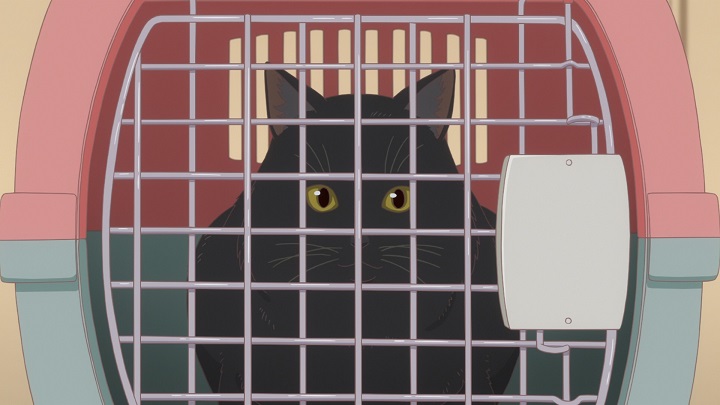
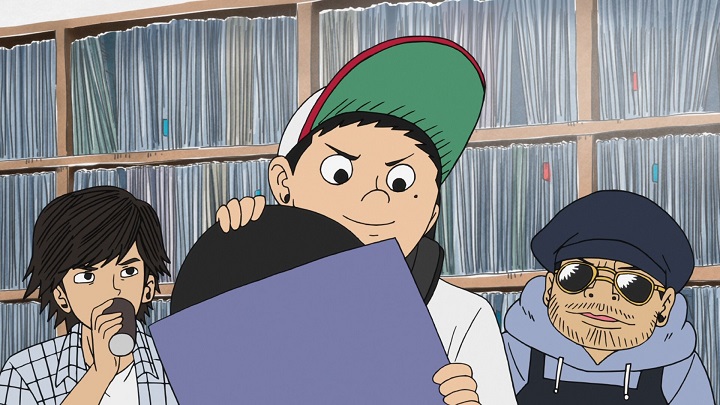
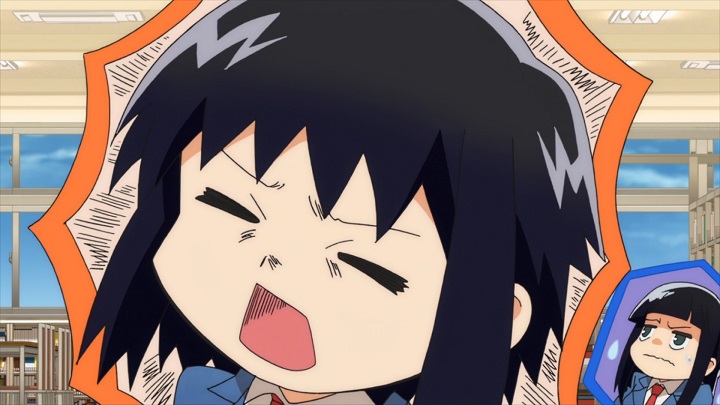
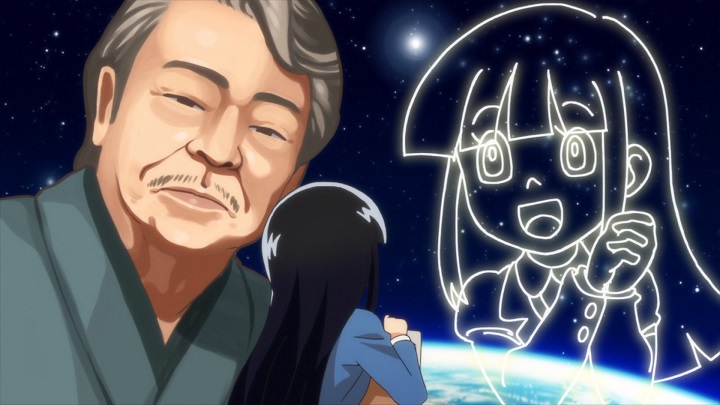
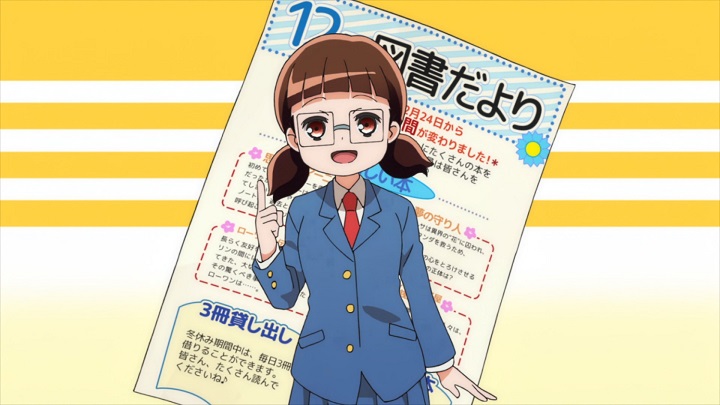
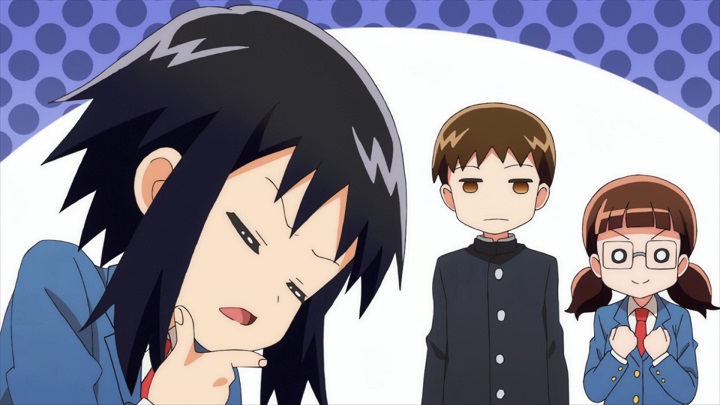
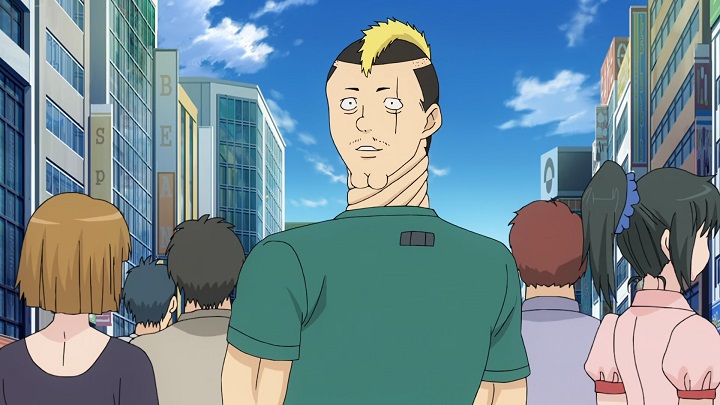
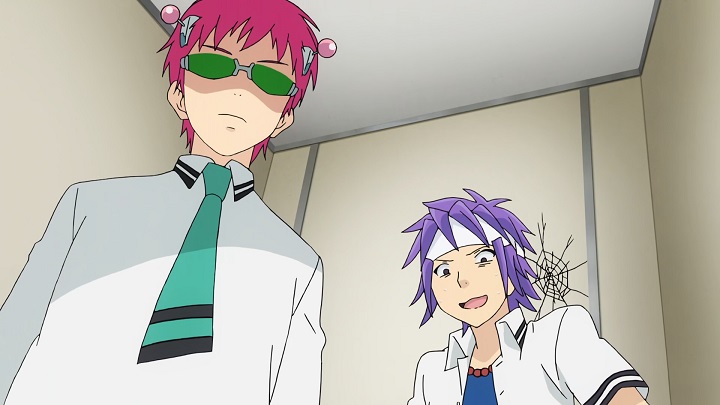
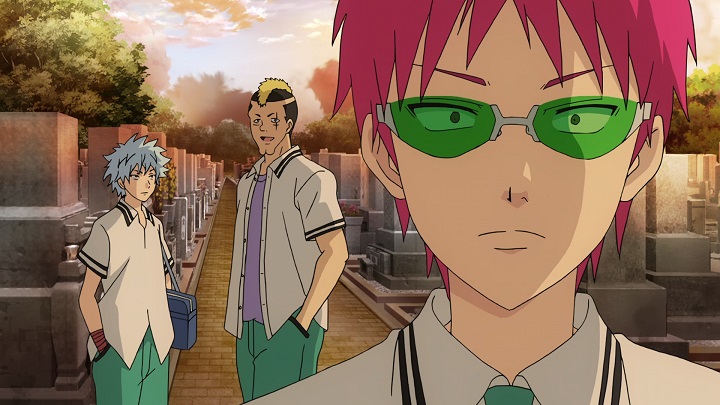
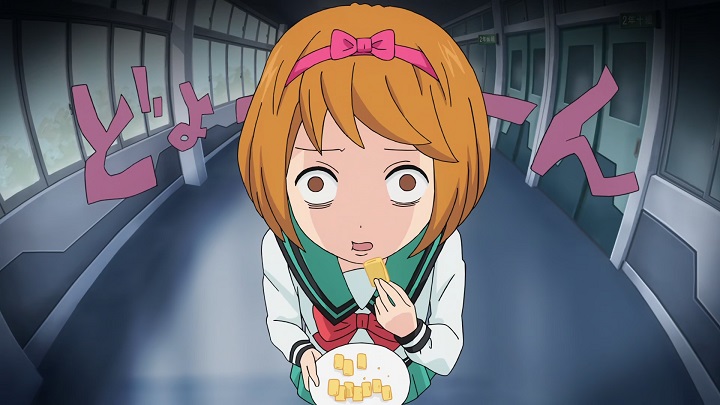
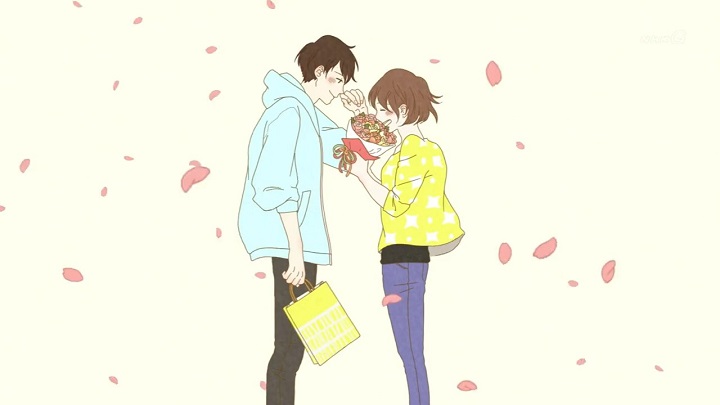
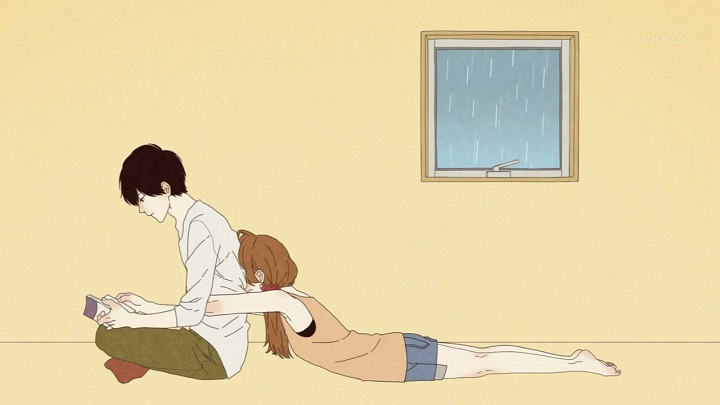
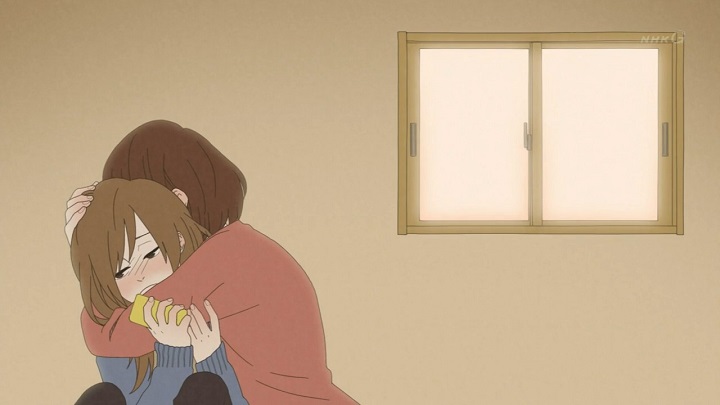
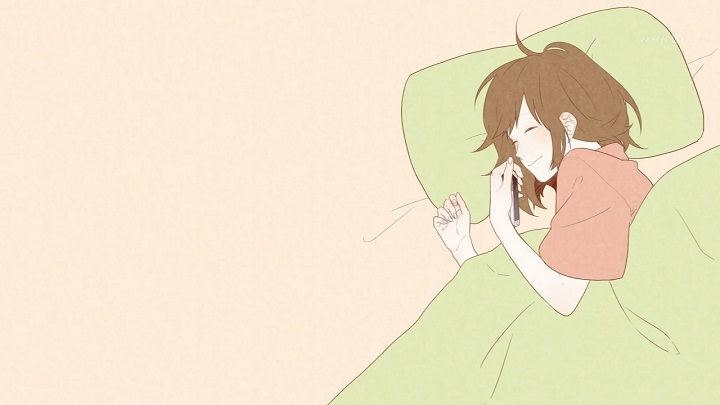
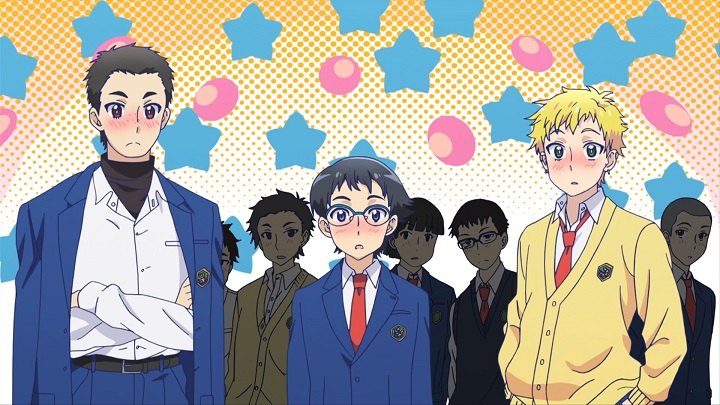
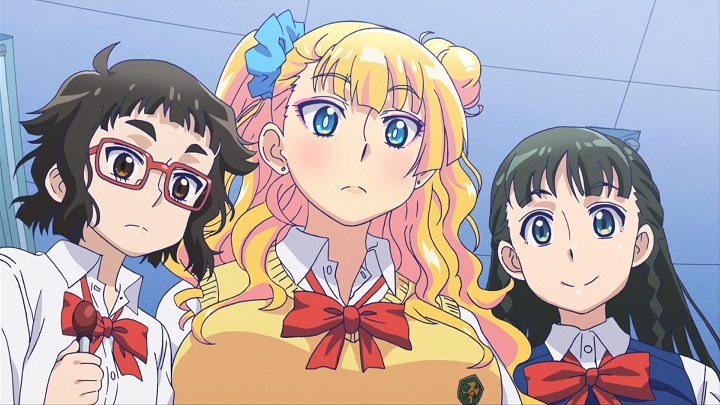
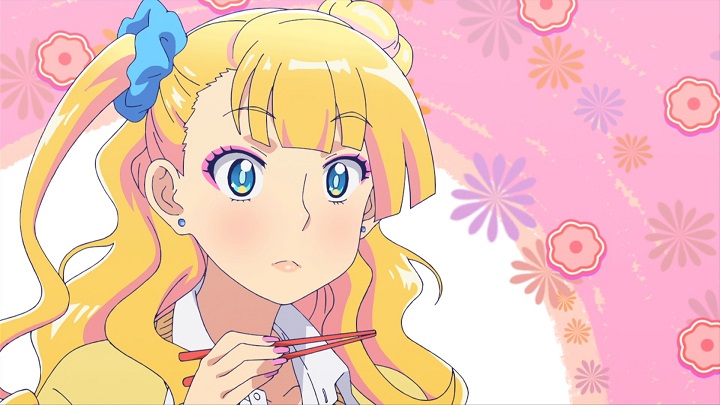
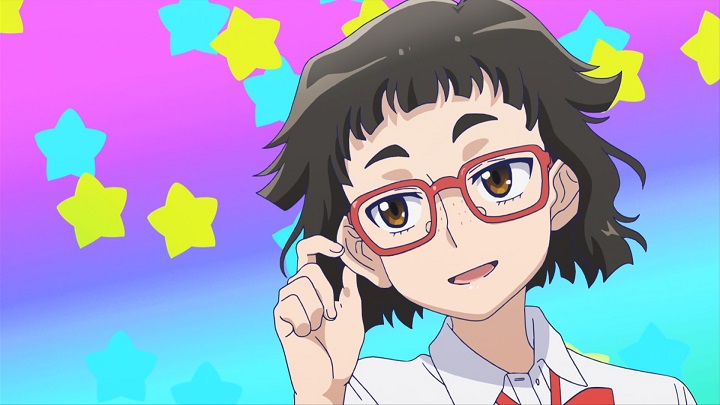
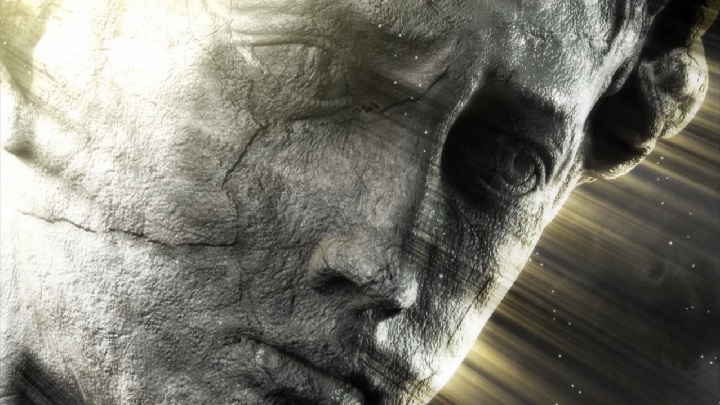
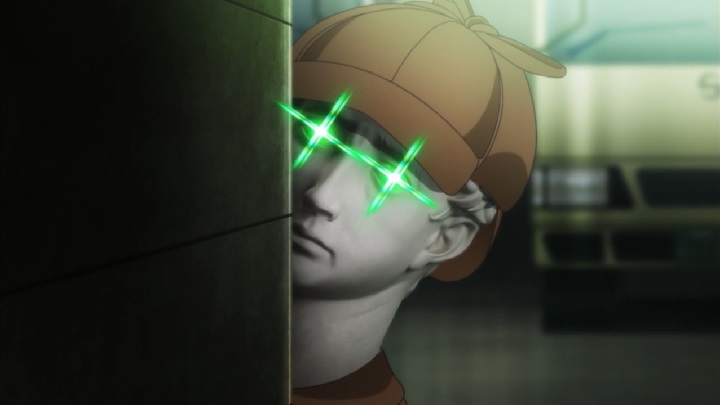
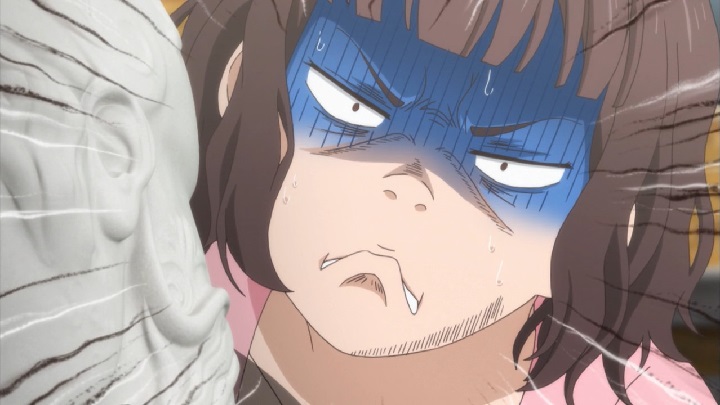

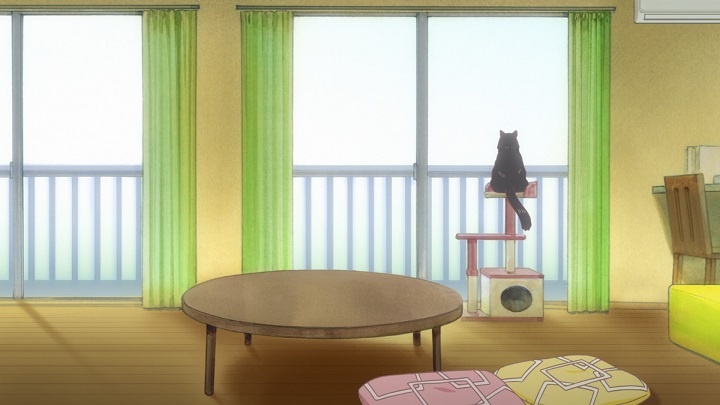
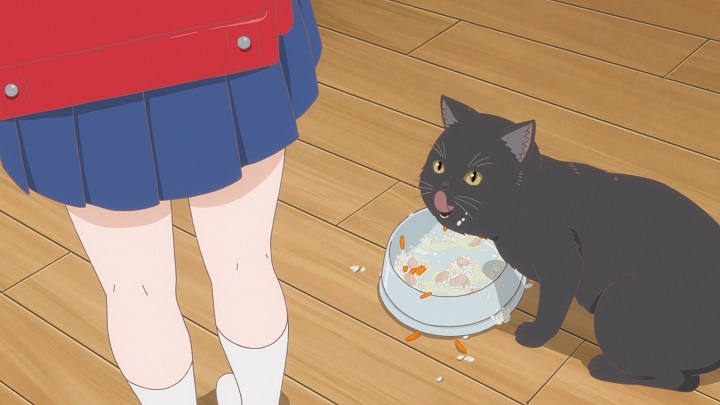
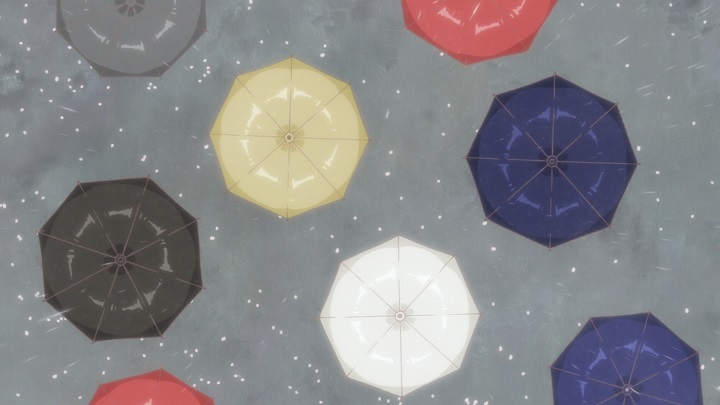
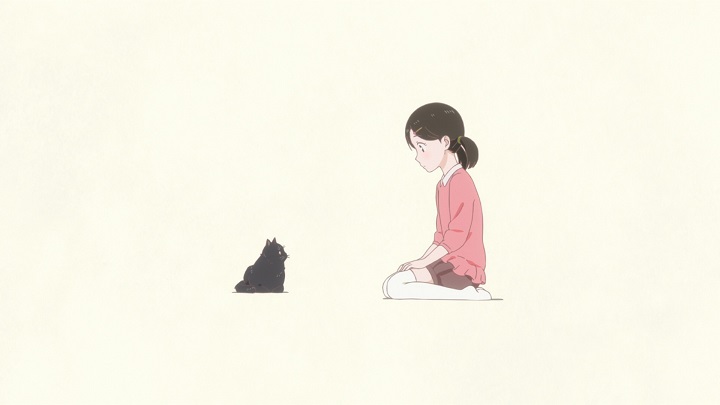
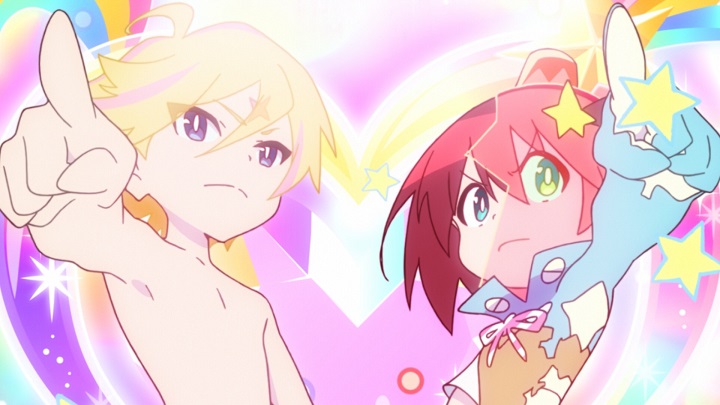
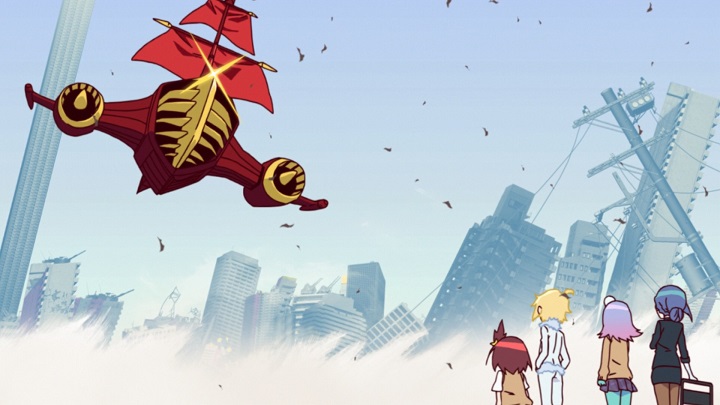
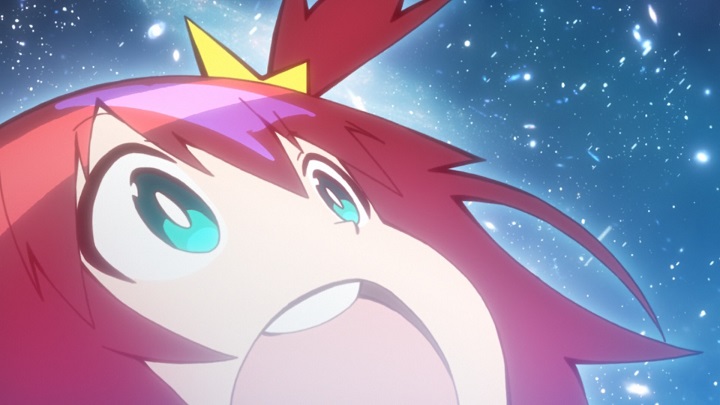
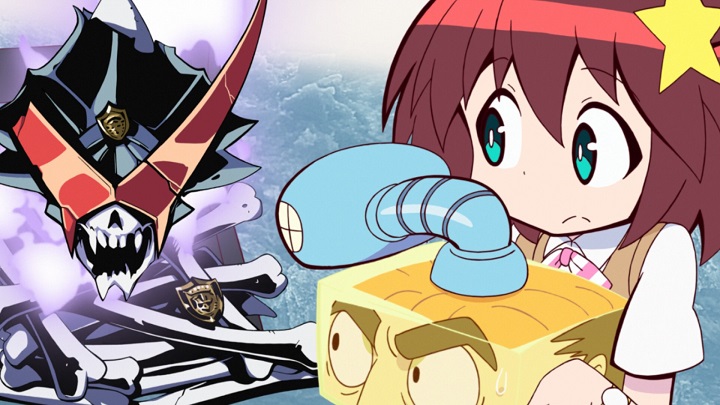
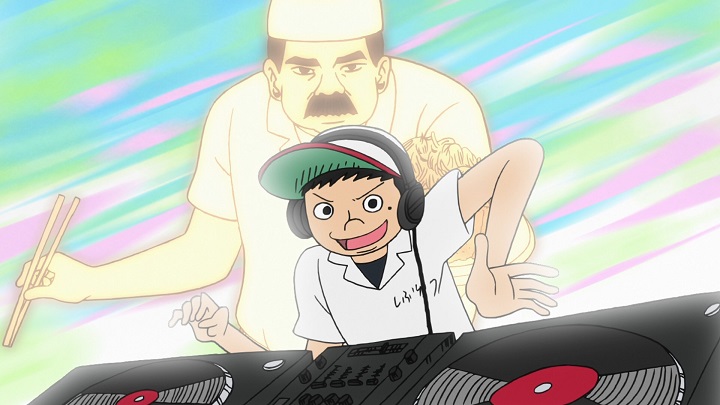
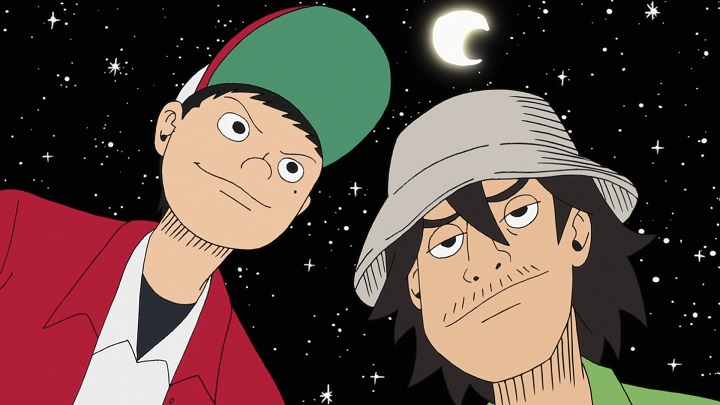
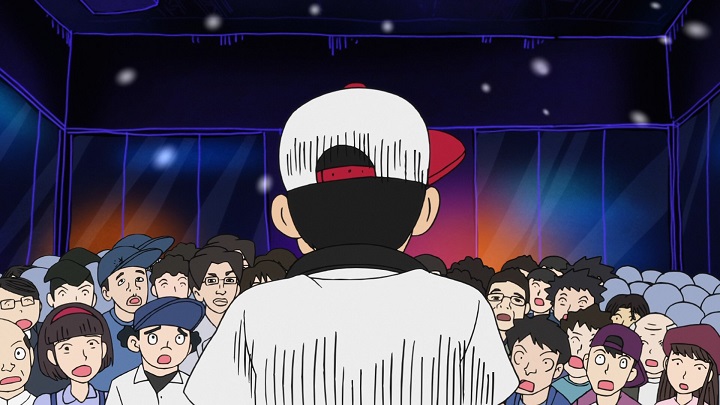
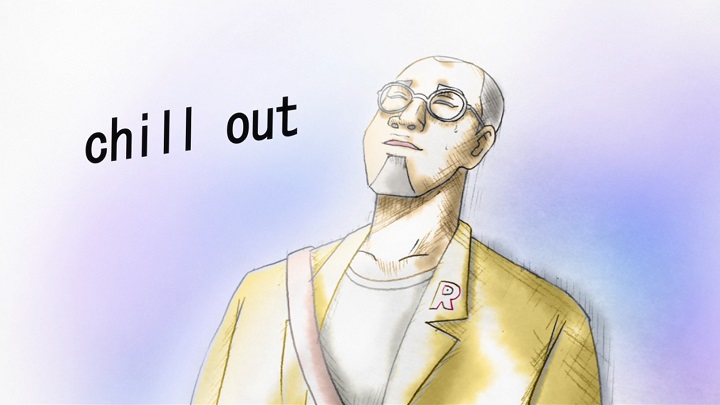
I love space patrol luluco. It was a great love letter to Studio Trigger and it’s history.